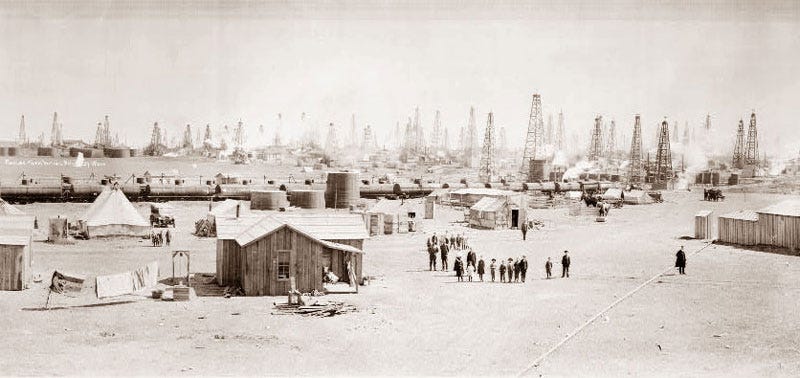The Dangers of Abstraction
It is forbidden to kill; therefore all murderers are punished unless they kill in large numbers and to the sound of trumpets.
-Voltaire
Abstraction is necessary to scale. But abstraction obscures the value we’re creating. It becomes second nature to see the world through our abstract lens and not understand how the world works for others. Abstraction leads to being out of touch.
When doing things at a massive scale, it’s hard to imagine the value you’re adding to the world. Our brains aren’t evolved to understand this. It’s the same reason we don’t cry when we hear that 75 million people died in World War 2. We don’t look at a spreadsheet of deaths per battle and weep for the lives lost. We can’t comprehend the stories of each individual who passed. But watch The Notebook or this, and we swell up with emotion.
Professionals in real estate are often confused why many in tech have socialist leanings. One theory is because people in tech can’t comprehend the value they create. If you’re acquiring real estate, you analyze over a dozen factors to determine the value. You have to look at jobs, income, wealth, infrastructure, education, etc. You have to fundamentally understand what creates wealth and what leads to wealth. You can be successful in tech and not understand basic finance or economics.
There’s a difference between tech companies. There are tech companies that have to iterate a ton and work super hard, and there are tech companies that catch a wave and grow crazy fast, e.g. “a clown car that fell into a gold mine” as Zuck described Twitter.
The tycoons of the past understood finance and economics. They had to.
Sam “the banana man” Zemurray was with his team building railroads through hazardous domains. In Costa Rica, 300 men died for 4 miles of track built by the United Fruit Company. His friends and family died building the railroads. He ventured on. He hired farmers to pick bunches of bananas, prime nesting places for snakes and scorpions. He invented just in time shipping, taking massive risks to sell bananas. The banks wouldn’t give him loans so he took out loans from gangsters with interest rates at 50%. The governments turned against him. He hired mercenaries and led uprisings against corrupt governments. He was on the ground orchestrating this. Today’s business tycoons are children in comparison.
Decades before Paul Getty became the wealthiest man in the world, he was a wildcatter. A dangerous job with high risk and high reward. He and his team were severely hungover one morning, and the team didn’t want to work. He said he’d race any one of them to the top of the rig, and if he lost, everyone could go home for the day. He won the race, and won the respect of his team. He showed he was in it with them. They worked side by side.
Today’s tech workers aren’t on the ground. They aren’t experiencing pain. Disrupting sounds cute. Disrupting is destroying another business. People lose their jobs and have to find new places to go. If disruptive companies work, there are consequences. Creative destruction is of course necessary for innovation. It’s necessary for progress as a species. But people say “disrupt” without understanding what their actions entail.
When you're running a business that’s death by a thousand cuts, you’re ruthless. You have to optimize everything. It’s like doing a speed run of Super Mario Brothers. Everyone has played the game so many times that we all know best practices. The game is so optimized that to win, you have to do everything perfect and maybe one thing no one has done before.
When you’re running a business where you’re empowering millions of people and making their lives a little bit better, you’re more likely to be out of touch. It’s not intuitive for us to understand scale.
Many tech workers and entertainers can't comprehend the scale of value they create. It’s healthy to get out of abstraction every once in a while. It’s how we stay in touch with humanity.

